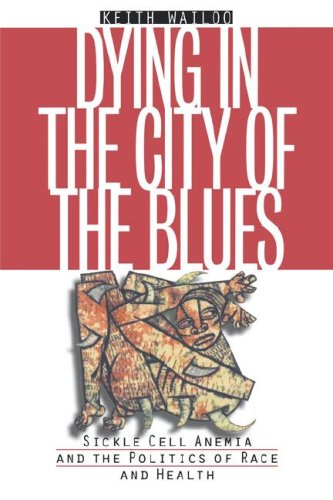Dying in the City of the Blues
"Imaginative and sophisticated, yet readable and accessible, this is a book that will find a diverse and enthusiastic audience. It is easy enough to invoke something called the social construction of disease, but much harder to use that concept as a tool for historical and sociological analysis. Wailoo has done just that... to illuminate American society in a powerful and original way." Charles Rosenberg, Harvard University
This groundbreaking book chronicles the history of sickle cell anemia in the United States, tracing its transformation from an "invisible" malady to a powerful, yet contested, cultural symbol of African American pain and suffering.
Introduction. Pain and Suffering in Memphis
1. Conjurors of Health in the New South
2. Race Pathologies, Apparent and Unseen
3. Remaking Jim Crow Medicine
4. The Commodification of Black Health
5. Sickled Cells, Black Identity, and the Limits of Liberalism
6. Promising Therapy on Beale Street
7. Pain and Policy at the Crossroads of Managed Care
Conclusion. Race Against Disease
Set in Memphis, home of one of the nation's first sickle cell clinics, Dying in the City of the Blues reveals how the recognition, treatment, social understanding, and symbolism of the disease evolved in the twentieth century, shaped by the politics of race, region, health care, and biomedicine. Using medical journals, patients' accounts, black newspapers, blues lyrics, and many other sources, Keith Wailoo follows the disease and its sufferers from the early days of obscurity before sickle cell's "discovery" by Western medicine; through its rise to clinical, scientific, and social prominence in the 1950s; to its politicization in the 1970s and 1980s. Looking forward, he considers the consequences of managed care on the politics of disease in the twenty-first century.
A rich and multilayered narrative, Dying in the City of the Blues offers valuable new insight into the African American experience, the impact of race relations and ideologies on health care, and the politics of science, medicine, and disease.
